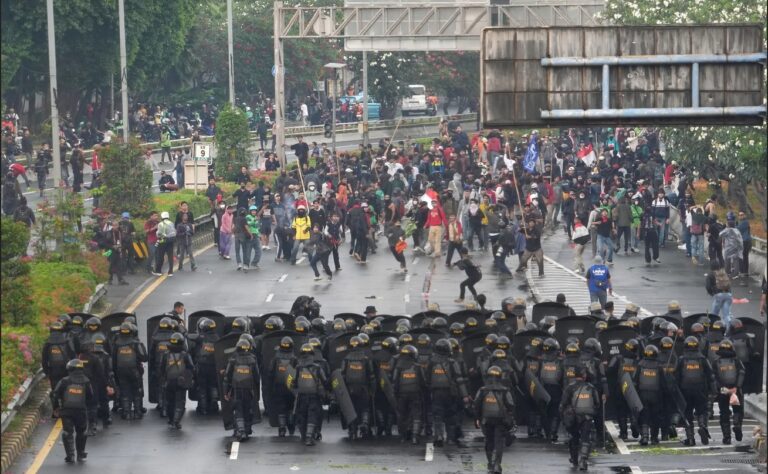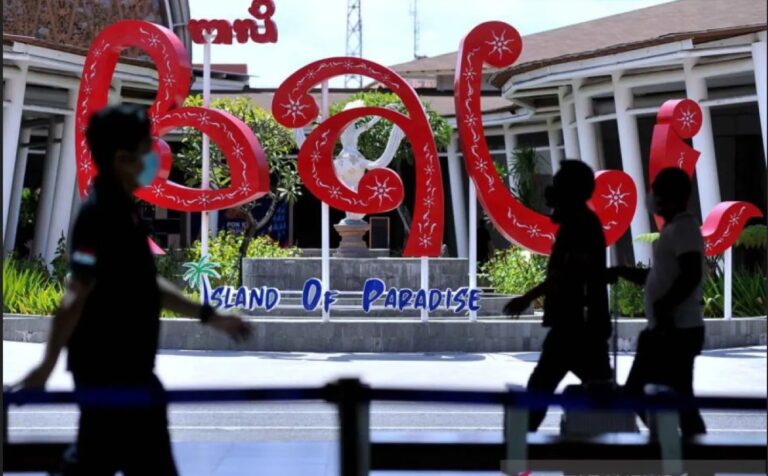The simple answer to that is yes because it’s the only way, except if you consider the second home visa an option and an investment, which it is, but not for commercial activity. But let’s look deeper into why and the various other options out there on the market now.
There are several aspects to consider when investing in Indonesia, including how to do it legally. The following points are some: taxation, visas, legal security, and risk, as well as how to own or lease. These will all depend on the type of investment you make. This time, we will focus mainly on property- and hospitality-related investments.
Indonesia operates under a different land and property ownership system compared to common law or continental law. In addition to the freehold title, which is only available to Indonesians, it also has other primary ownership titles, such as Hak Pakai and HGB, which can both be held by foreigners and Indonesians, as well as legal entities (including PMA). The last is a lease, which can be anything from renting a place for a short time to years. This last option is wide open to interpretation, though a lease is not well managed or regulated under Indonesian law.
Anyway, back to the main topic. Let’s look at what may be an issue if you invest as a private person in a lease or nominee structure for a company or a property.
The easiest is to start with a nominee; however, Indonesian law accepts no form of nominee, as it’s actually forbidden. Consequently, an investment here is entirely based on trust, and the nominee could, in most cases, walk away fairly easily with any assets or investments.
In terms of taxation, as an individual, the tax office will Apply a 20% tax on any income, even after a management company may have paid taxes on the operation of a villa or investment. Moreover, there is a risk of being double-taxed back home, as you cannot show a tax ID or entity taxing on your income in Indonesia, preventing you from taking advantage of a tax treaty. Additionally, it may be challenging to get your money out of Indonesia. On the other hand, with a PMA, you can reduce your overall tax exposure through tax planning and take advantage of tax treaties to move money back to your country of origin.
If you hold a long-term lease in your personal name, the tax office may consider you a tax subject in Indonesia, granting them the right to attempt taxing you on your worldwide income.
Concerning immigration, being on a tourist or social visa while earning active income from Indonesia is a breach of your visa status, unless you own a share in a company (PMA), this may lead to immigration investigations and deportation.
The worst-case scenario for me is if you have a legal challenge with the landlord or other parties and need to go to court but you don’t have the necessary legal structure or basis to do so.
Typically, the conversation at the court hearing would go something like this: “Hi, my name is Terje. I have this long-term lease in my name. I only paid taxes on half of the investments because that’s normal here, and I don’t have a company. Still, my Indonesian friend runs the operation and gives me cash in hand once a month, which I don’t tax on. I also don’t have a proper visa, but hey, my landlord is giving me all this trouble, so I want my rights.”
Some will argue that a PMA is expensive to set up and maintain. And there are challenges with the large requirement for paid-up capital, etc. To me, these are small implications, costs, and risks for you to secure your investment properly and be in compliance. You can get away with fewer taxes, obtain a proper visa, and always stand your ground legally.
So yes, the answer is: always use a PMA for your investments in Indonesia.





